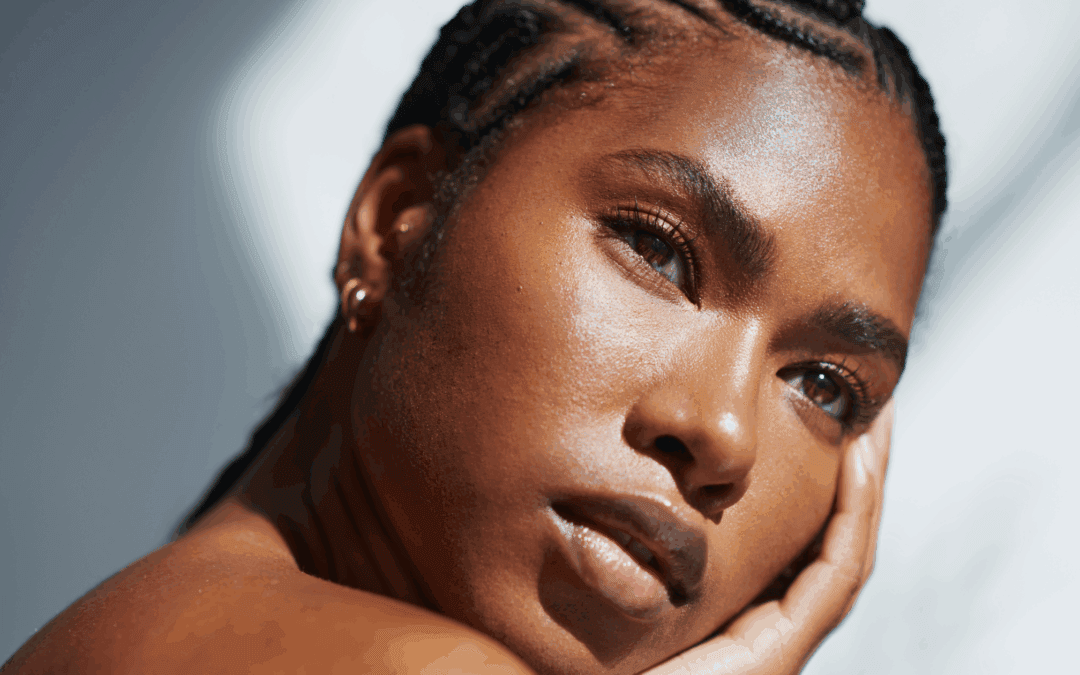The Global Beauty and Cosmetics Artificial Intelligence (A.I.) market was valued at $2.7bn last year, and it’s expected to reach $13.3bn by 2030.
With an increasing number of brands innovating in the beauty technology space, Sampo Parkkinen, CEO and co-founder of Revieve shares his insights for harnessing AI successfully
‘Consumers are continuously evolving. Beauty technology is the umbrella term to describe all the innovations in the beauty and personal care industry being brought to market to respond to that consumer’s evolution,’ starts Parkkinen, who’s had over 16 years of experience in retail, technology, and omnichannel experiences.
For the last six years, he has dedicated his knowledge to innovating within the personal care sector, helping beauty brands to build relationships, loyalty and engagement via artificial intelligence.
Having launched a global partnership with Google Cloud, and a men’s skincare advisor with million-pound grooming brand Bulldog, in the first four weeks of 2023, Revieve is moving at an unmatched pace in the beauty technology space. Here’s its CEO and co-founder shares his top three trends for the next year, and beyond.
What are Revieve’s top three beauty technology trends for 2023?
Brands should collect in-depth first-party and zero-party data to make the most of AI technology
‘Collecting the right data is one of the best ways to ensure rightness and effectiveness,’ explains the founder, continuing: ‘It is vital to understand your customers, encourage them to take action, and earn their trust. We call this a data-powered loyalty program.’
Data is driving the beauty industry’s success as an increasing number of brands invest in data strategies to ensure they have an acute awareness of their customers.
Unsure what these different types of data are? First-party data are a unique user’s behavioural actions and demographics, such as purchase history, website activity, location, and support calls. Whereas, zero-party data is what a customer intentionally and proactively shares with a business. Both of these insights are incredibly valuable for the curation of effective beauty advertising and user experiences in e-commerce.
Educating your users is key to success
Business owners are working hard to appeal to three generations of avid beauty users, however, a large proportion of these consumers aren’t digitally native. So, brands must ensure their strategy is backed by educational resources, designed to make people’s lives easier with AI.
‘It is a brand’s responsibility to craft adequate messaging to its audience to make all their tech-powered experiences understood by as many as possible,’ says Parkkinen, who boosted No7 Beauty Company’s conversions by 3.6x with the implementation of an AI skincare advisor.
Parkkinen continues: ‘We have observed how harnessing beauty technology is helping beauty achieve their business goals. On average, the completion rate for a selfie taker in our digital beauty experiences is 60 per cent higher than for non-selfie takers. Moreover, the add-to-cart rate is 86 per cent higher for selfie-takers, and 53 per cent perform more purchase-related actions than non-selfie-takers.’
Personalisation will play a critical role in developing intimate consumer relationships
In the same way that consumers are looking for personalised skincare routines and customised makeup, they are looking for their beauty tech to be tailored too. What’s more, AI and AR are great tools for brands to gather unique information about how users want their beauty products to look, work, and last.
‘Beauty businesses should prioritise relationship-building with customers,’ states Sampo Parkkinen. ‘How consumers find solutions to their problems is now spread across multiple beauty categories and channels. From the initial brand engagement with the consumer to their first purchase, this brand-consumer interaction is a critical opportunity to turn that consumer into a repeat buyer and loyal fan. So, everything a brand does across the customer journey should be optimized for relationship building.’




